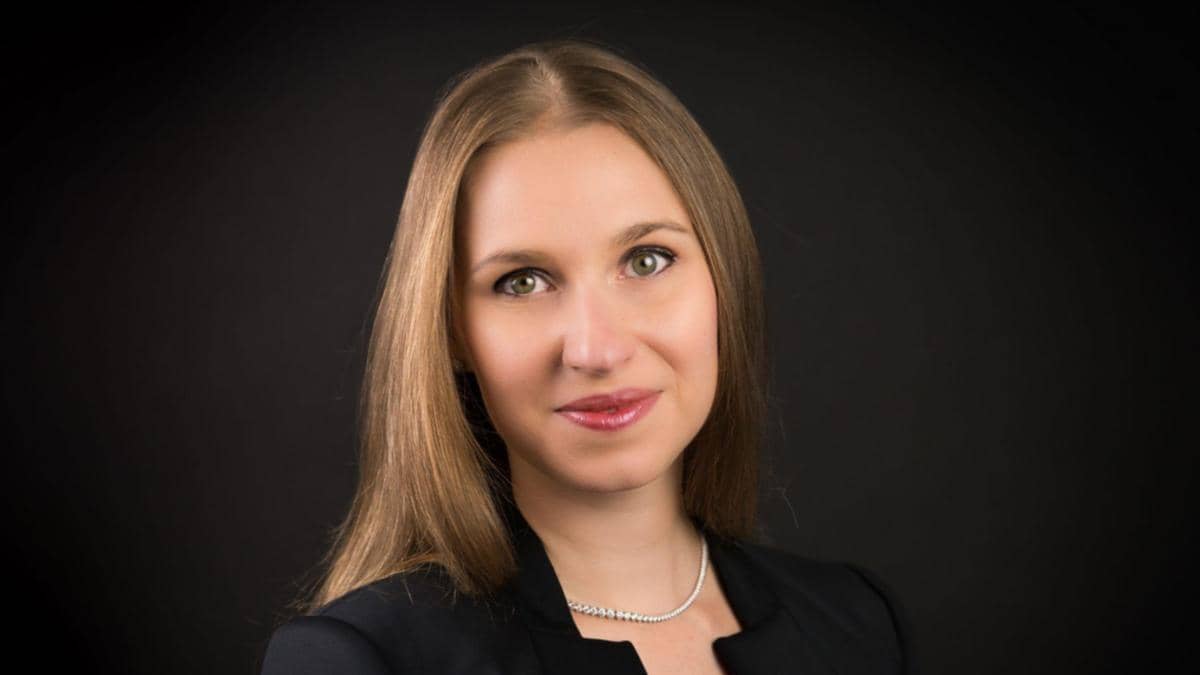Christopher Bär from MPEP is our Fund Selector of the Month

3 MAY, 2023
By Constanza Ramos
Christopher Bär is a founding member and Managing Director of Munich Private Equity Partners (MPEP), a private equity fund of fund company specializing in the lower mid-market buyout segment. He is primarily responsible for portfolio management, serving on MPEP’s investment committee, and holds a board position in the AIFM. Christopher has over a decade of experience in the private equity business and has worked for several subsidiaries of MPEP’s parent company since 2008. In his most recent role, he led the North American private equity investments efforts and served on several advisory boards of private equity funds.
What made you decide to go into the financial sector?
From the age of 13, I have been interested in financial markets. My curiosity was piqued after reading a book on investing and since then, I have pursued this passion. In high school, I wrote my final paper on mutual equity funds and went on to study Business Administration, specializing in Banking and Finance at the Friedrich-Alexander University Erlangen-Nuremberg.
For my diploma thesis, I participated in the largest European academic research project on value creation in European private equity buyouts at the time. This was my first in-depth contact with the private equity industry and its versatility, not only in terms of tasks but also in terms of the people you work with. And ever since the fascination for this field has never ceased.
How should investors orient their portfolios in this environment?
Now is not a time to be risk-on in our view. Given the macroeconomic upheaval and the lack of clarity about when the inflationary and rate-hiking cycle will end, investors should take a more long-term-oriented approach to build a diversified portfolio across traditional and alternative asset classes. That being said, some segments of the market are generally better equipped than others to weather tougher economic conditions.
With a view on private equity, the lower mid-market tends to be less affected by global economic headwinds as managers often focus on companies that operate in niches that can be decoupled from general GDP growth. Entry multiples are also typically lower in this segment, allowing lower mid-market managers a more flexible financing structure. There is also a significantly larger pool of potential buyers due to the comparatively low deal volumes, making the transactions less dependent on, for example, the IPO market. As a result, they are less affected by interest rate rises than large and mega-cap funds, which tend to use higher levels of leverage for transactions and are also typically dependent on more debt due to higher valuations.
How is the relationship with your clients in times of market crisis? How do you manage emotions?
Fortunately, there are fewer emotions for us to manage as Private equity is not an asset class where it is common to get in and out based on short-term economic outlooks. Our funds are also tailored to professional investors such as pension funds, insurance companies, banks, asset managers, and family offices. While our clients, like all market participants, are closely monitoring the changing economic conditions, they recognize the long-term perspective of the asset class and the benefit it adds to the risk-reward profile of their overall portfolios especially in challenging environments, such as high absolute returns, diversification, and relatively low volatility.
Give us an example of a fund that you have held for a long time in your portfolios!
One partnership we are particularly proud of is the one with Accel-KKR, a US-based enterprise software buyout manager who is renowned for its ability to work closely with management teams to accelerate growth both organically and via buy and built strategies. To date, we have been able to provide our investors with access through all four fund generations. Accel-KKR has consistently outperformed the market while taking a more conservative approach than its peers in many ways and is regularly awarded for its outstanding achievements. In January 2022, for example, Accel-KKR was ranked first out of 517 private equity managers in a performance ranking by the renowned HEC business school in Paris.
What differences do you observe in the way new generations invest?
Since our main clientele is institutional investors that are strongly driven by asset liabilities management and strategic asset allocations, we have limited interaction with individual investor behavior. However, it is worth noting that studies indicate a significant shift in investment preferences among younger generations. Research suggests that especially Gen Z, those born between 1996 and 2003, is increasingly looking for companies that align with its values. This applies to consumer behavior and increasingly also to investing.
Younger investors are more willing to put money into products that support environmental and social goals – even if they are costlier, according to a survey by the Stanford Graduate School of Business from November 2022. Regulation may still be the main driver for sustainable investing to date, but Gen Z is quickly taking its seat at the table. In other words, asset managers are well advised to implement ESG policies that allow them to generate attractive risk-adjusted returns while also meeting the growing demands of these investors.
If you had to define yourself with 3 words, what would it be?
To be honest, I felt a little uncomfortable answering this question as my perception most probably will be biased. So, I asked my colleagues for input. They came up with keywords such as diligent, driven, self-reflective, and empathetic, with some even providing detailed explanations for their choices. I can’t say which of these words fits best, but I encourage everyone to ask people that are close to them for feedback if they are ever faced with this question. It might brighten your day.
What are your hobbies?
My work can often be fast-paced and intense, so in my spare time, I enjoy activities that are often the opposite and help me to slow down, such as meditation, reading a good book, or spending quality time with family and friends. One of my favorite “active” activities is hiking. There is a sense of accomplishment that comes with reaching the summit after a day’s tour and enjoying the scenery. However, I always remind myself – in both my professional and personal life – that it is the journey itself that is rewarding, not just the destination.


